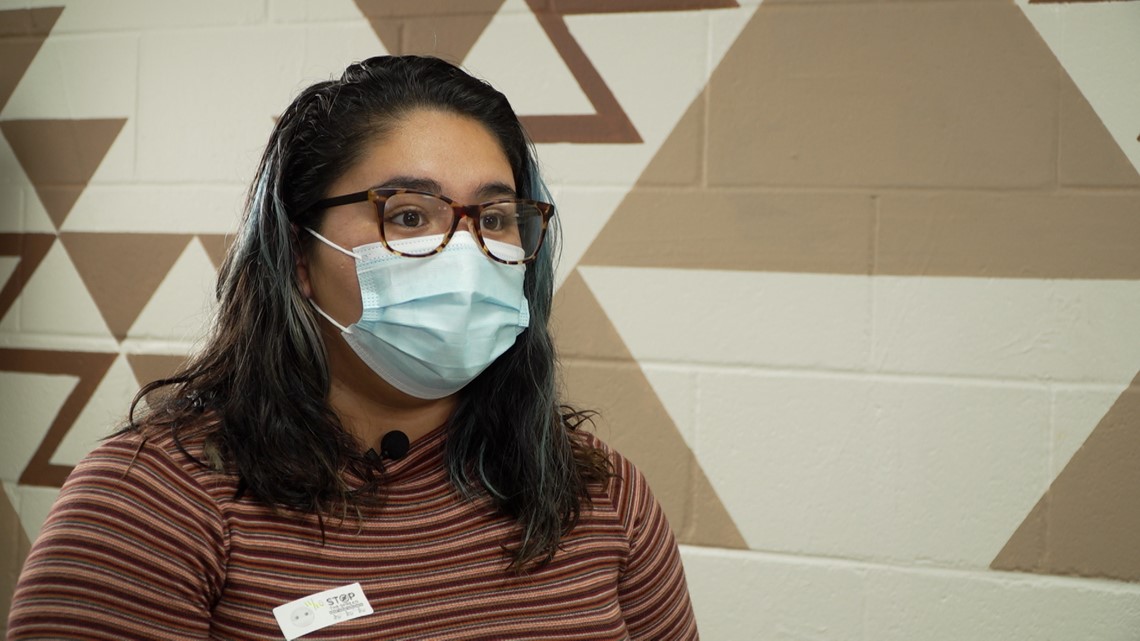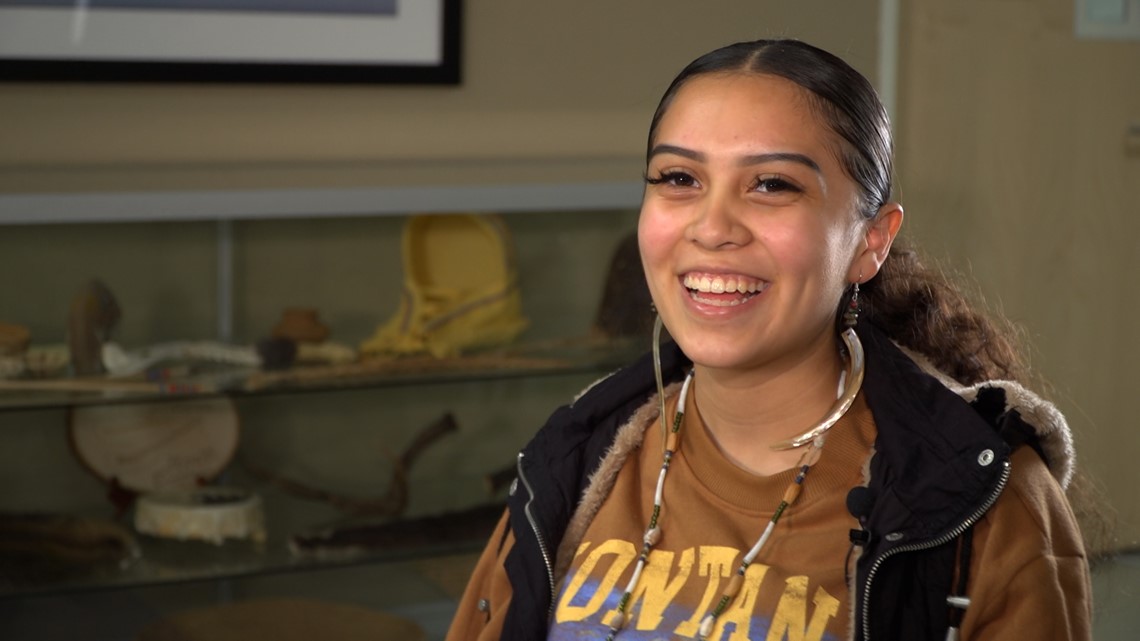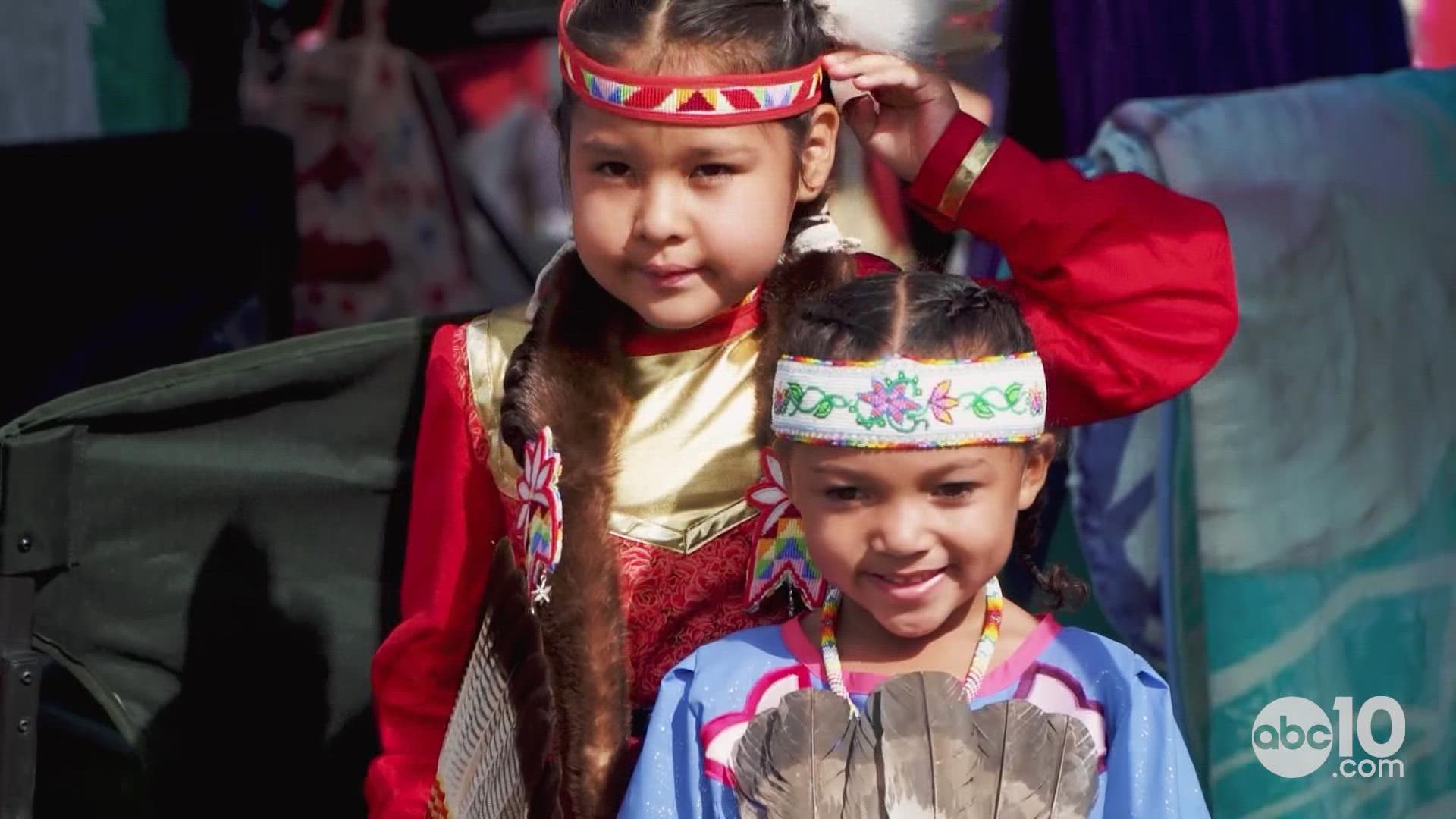SACRAMENTO, Calif. — About 3% of California's population identify themselves as Native American, that's about a million people. ABC10 spoke with two young Native American women about what it means to be Native American, and what it means to grow up Native American.
"Growing up native was a big, cultural and traditional thing we did," Annaleis Michel, member of Ione Band of Miwok Indians, said. "It means everything to me; it's what I know. It's my life basically.
"It's finding the time to each day, a little bit, take out time to practice some form of cultural thing that's beading, cooking, singing one song at least," Michel said.


Watch the full interview with Annaleis Michel here, or in the video below.
"Being Native is putting the work in," Angelina Hinojosa, a member of Pinoleville Pomo Nation, said. "So our next generations can have better lives. And then along with that, it's just carrying myself as who I am. And remembering what my ancestors and what my mother taught me (and) what my grandmother taught me."


Both Hinojosa and Michel expressed that being Native American is about culture and being proud of who you are. They also discussed the topic of cultural appropriation.
"There's a lot of stereotypes for sure," Hinojosa said. "And a lot of stereotypes that need to be talked about, just like having us as a mascot or a Halloween costume."
"And I feel like a lot of the time we're portrayed as Indians that run around with no shoes when that's not it. So when you portray us, as you know, forgotten almost or not here, it's very upsetting, which we're not. And we're still here today."
Michel echoed that thought.
"People using headdresses as costumes or even as mascots," she said. "It's a big thing that needs to stop."
Watch the full interview with Angelina Hinojosa here, or in the video below.



















